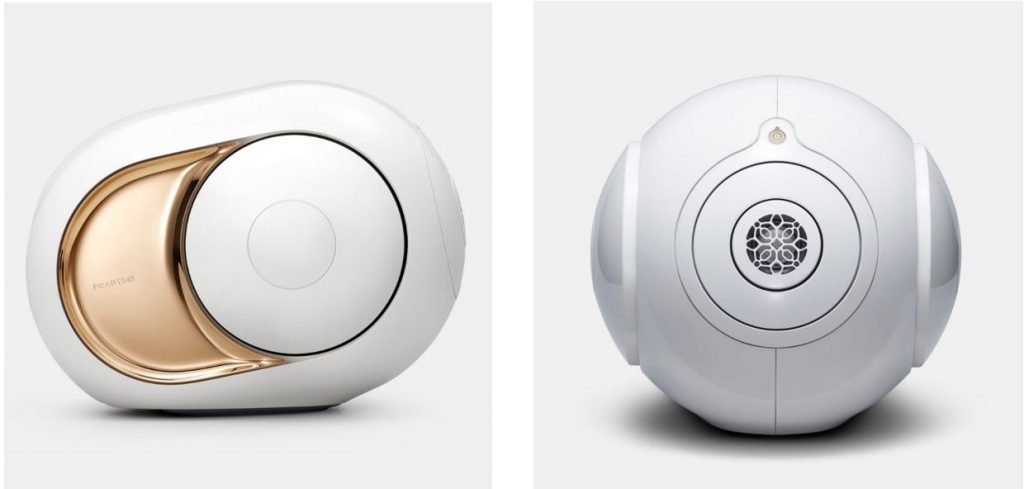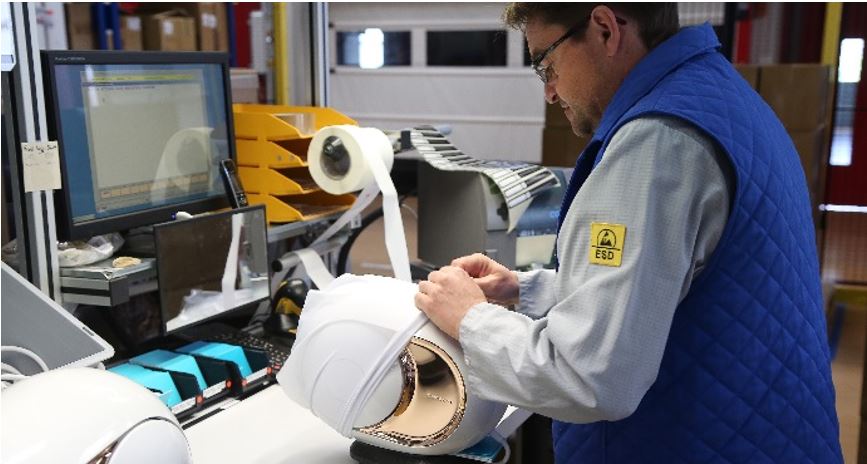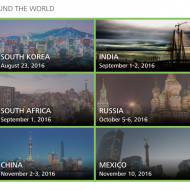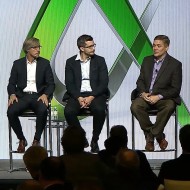If you caught the Opening Keynote at AU 2017 in Las Vegas, you heard about a number of customers using automation to make more, and more diverse, products and structures with better quality and customization—and they’re doing it using fewer resources and generating less waste. Autodesk CEO Andrew Anagnost was joined on stage by Hilbrand Katsma, COO of the Dutch construction company Van Wijnan, who shared how his firm is using automation to build more modular, marketable housing in Europe.
Anagnost was also joined by Pierre Maillot, senior technological advisor for the Bosch Group. Maillot shared the remarkable story of the Bosch factory in Mondeville, France. Originally built for the manual assembly of televisions in the 1960s, the factory has undergone several renovations over the decades. In the 80s and 90s, it was retooled to make electronics and other components for the automotive industry. In 2012, the Bosch team decided to renovate the factory once again to focus on creating components for consumer electronics and the Internet of Things. But this time, instead of aiming to put out millions of identical parts on fixed lines, they knew they needed to be able to manufacture more parts in smaller batches. By installing new digital tools into every part of their workshop, they were able to create a more flexible and agile facility that can profitably fabricate a variety of components for smaller niche markets.
By offering manufacturing-as-a-service, the factory can flexibly include engineering, mechanical design, logistics, and even after-sales repair services. This made Bosch a compelling partner for award-winning audio company Devialet, makers of the revolutionary Phantom audio system.
Bosch manufacturing – solving industrial challenges for customer success with Devialet
Founded in 2007 and headquartered in Paris, Devialet is a critically acclaimed start-up for its innovation and excellence in audio inventions. Their story began with ADH®, a revolutionary patented invention for high-end amplifiers. This hybrid technology blends digital and analog to produce incredible sound quality without distortion, saturation, or background noise.
In 2010, Devialet integrated its technology in a range of high-end HiFi amplifiers. In early 2015 after a successful miniaturization of its technologies, Devialet reinvented acoustics again to produce an experience of ultra-dense sound with physical impact—resulting in a whole new species of speaker.

Engineered to perform under extreme compactness and pressure, Phantom’s hermetically sealed architecture consists of two lateral woofers powering together. The sheer thrust force behind their combined movement generates ultra-dense sound with physical impact. Right down to infrasound at 14Hz.
Devialet’s ambition was to become a market leader in audio products, so the company developed and industrialized Phantom, a product that rethinks design along with acoustical performance. In early 2016, Devialet moved Phantom’s assembly to the Bosch Mondeville plant in Normandy, France to manage its mass production.
The manufacturing-as-a-service approach at the Bosch Mondeville facility contributes to the durability and sustainability of the production chain for Devialet. What’s more, the manufacturing partnership represents a unique response to Devialet’s demanding requirements: extreme precision engineering and ultra-performance materials.

The Bosch Mondeville facility is contributing to the industrial success of French start-ups and companies by reaching high market expectations in volume and quality, while also managing the responsible use of natural resources.
Advances in automation and digital techniques for fabrication are opening new possibilities for manufacturers and designers. The partnership between Devialet and the team at Bosch’s Mondeville facility shows what’s possible. And it’s one more example of how automation can enable us to create more and better products for less—all with less impact on the environment.
Didn’t catch the Opening Keynote for AU 2017 in Las Vegas? Watch it now.





(0)